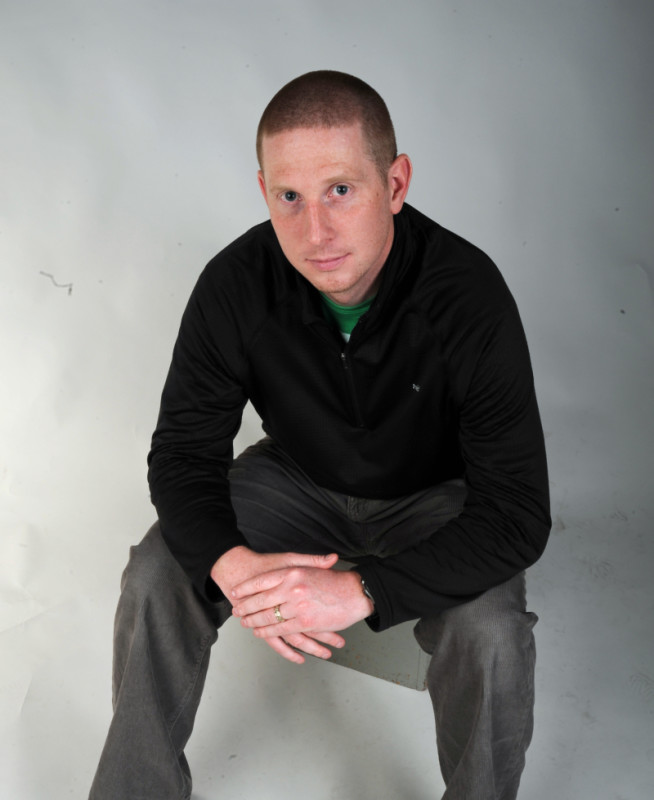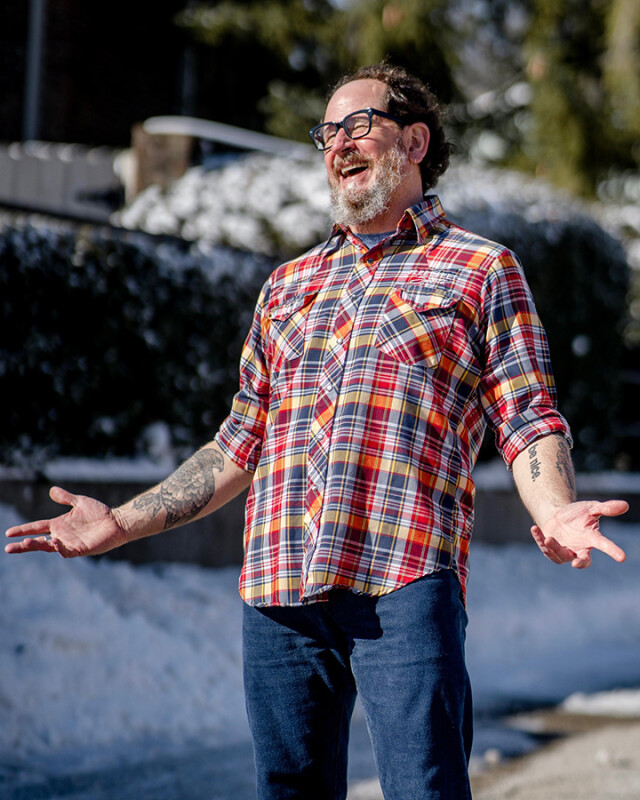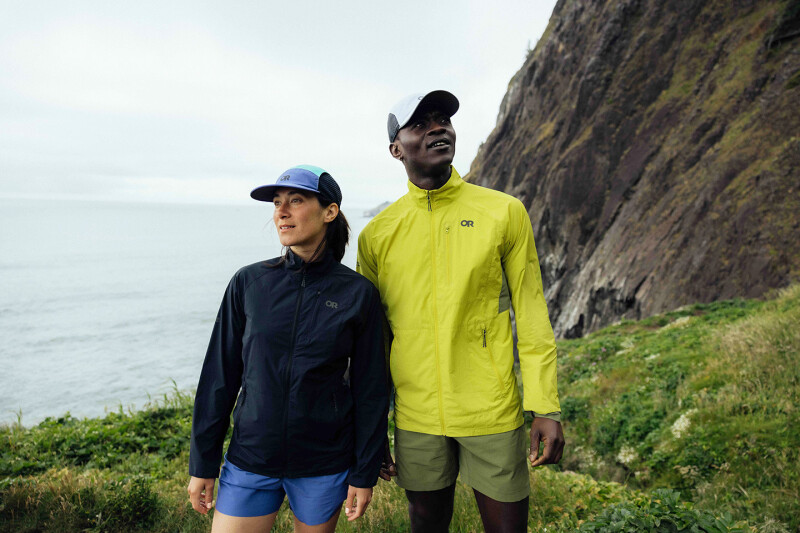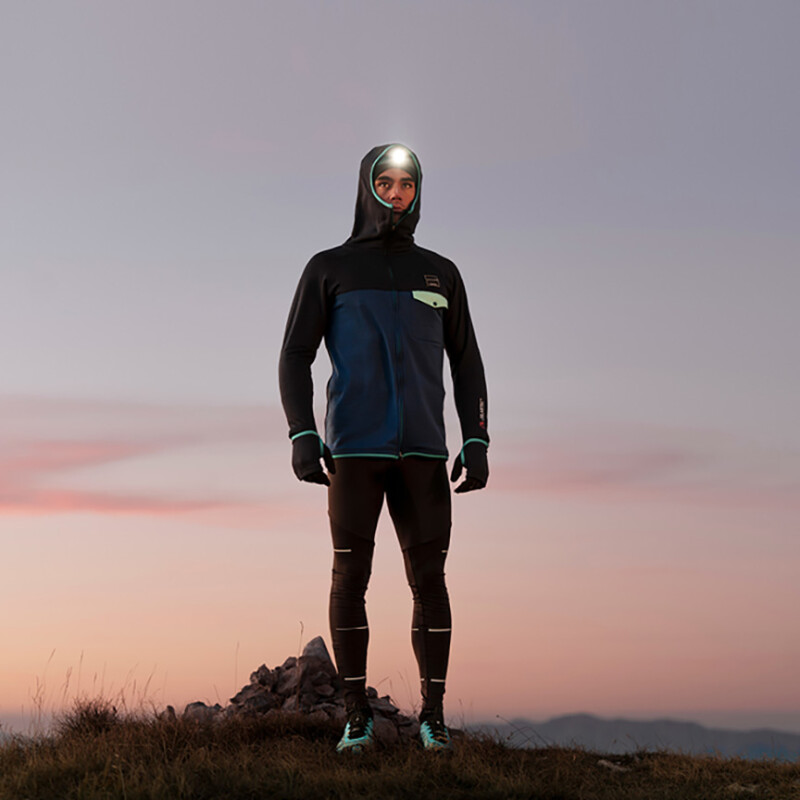Scott Sowle walked away from last October’s U.S. Trail Running Conference more confident he could improve sustainability at Mountain Running Races. Yet more, the Washington-based race director left with $5000 to help him accomplish just that.
Sowle, whose Mountain Running Races include six trail races in Washington, was the winner of the conference’s Climate Champions “Big Pitch” competition, which invited race directors and event organizers from across the country to detail their plans for creating more sustainable events.
Fueled by support from Brooks, the competition awarded a total of $8000 in prize money to motivate some action. Sowle’s Mountain Running Races earned the $5000 grand prize over fellow finalists, Paulette Odenthal of Run The Ritter in Minnesota and Peter Downing of Colorado-based Suffer Better.
“The contest created space for Brooks to collaborate and celebrate the unique voices that care as deeply as we do about protecting the planet we run on,” Brooks director of marketing and runner engagement Matt Weiss says.
Running Insight connected with Sowle to discuss participating in the “Big Pitch” competition and how winning the grand prize is driving his efforts to create more sustainable events.
What did you think of your chances to win the Big Pitch grand prize?
I had no clue. Being a young company, I know there are many bigger, more established companies around the U.S. producing awesome trail races. I figured there’d be strong competition and there was.
What were the core elements of your pitch?
I think all race directors understand some basic sustainability efforts like going cupless, so our pitch focused on taking the next steps to help achieve a climate change-positive atmosphere. At our events, we have “sustainability centers” where participants can recycle and compost. We spoke about elevating these centers and making them more prominent at our events to monitor carbon impact, reduce waste and educate runners.
What other elements to your efforts?
We also talked about our “more running, less footprint” mission, something that started with a non-profit I created years ago called Run for Shoes that is part used shoe collection and part youth running program. We want to expand this program and help other race directors incorporate shoe collection into their events. Each pair of shoes we collect eliminates 30 pounds of carbon dioxide from the environment.
How exactly are you using the prize money to improve sustainability at your races?
We’ve already purchased a tent and the proper bins to have an elevated sustainability center at our events. We’ve also purchased solar generators from Goal Zero so we can do away with gas generators on race day. We can be carbon neutral at our events and that is the absolute goal.
Why is this an important mission for you personally?
We want to do our piece to help the environment. It’s something that has been near and dear to me since my childhood when I heard of the Cuyahoga River in Ohio catching fire from all of the industrial pollution in it. That just didn’t seem right.
What’s your message to other race directors and organizers interested in making their events more sustainable?
When I look around the Pacific Northwest, I see other race directors at the forefront of this. We have race directors around here promoting “trees, not tees,” which means allowing participants to forgo a race T-shirt in favor of planting a tree. As outdoor enthusiasts, I think it’s important we step up and take a leadership role. It’s key to show we really care about the land and air we utilize every day.







